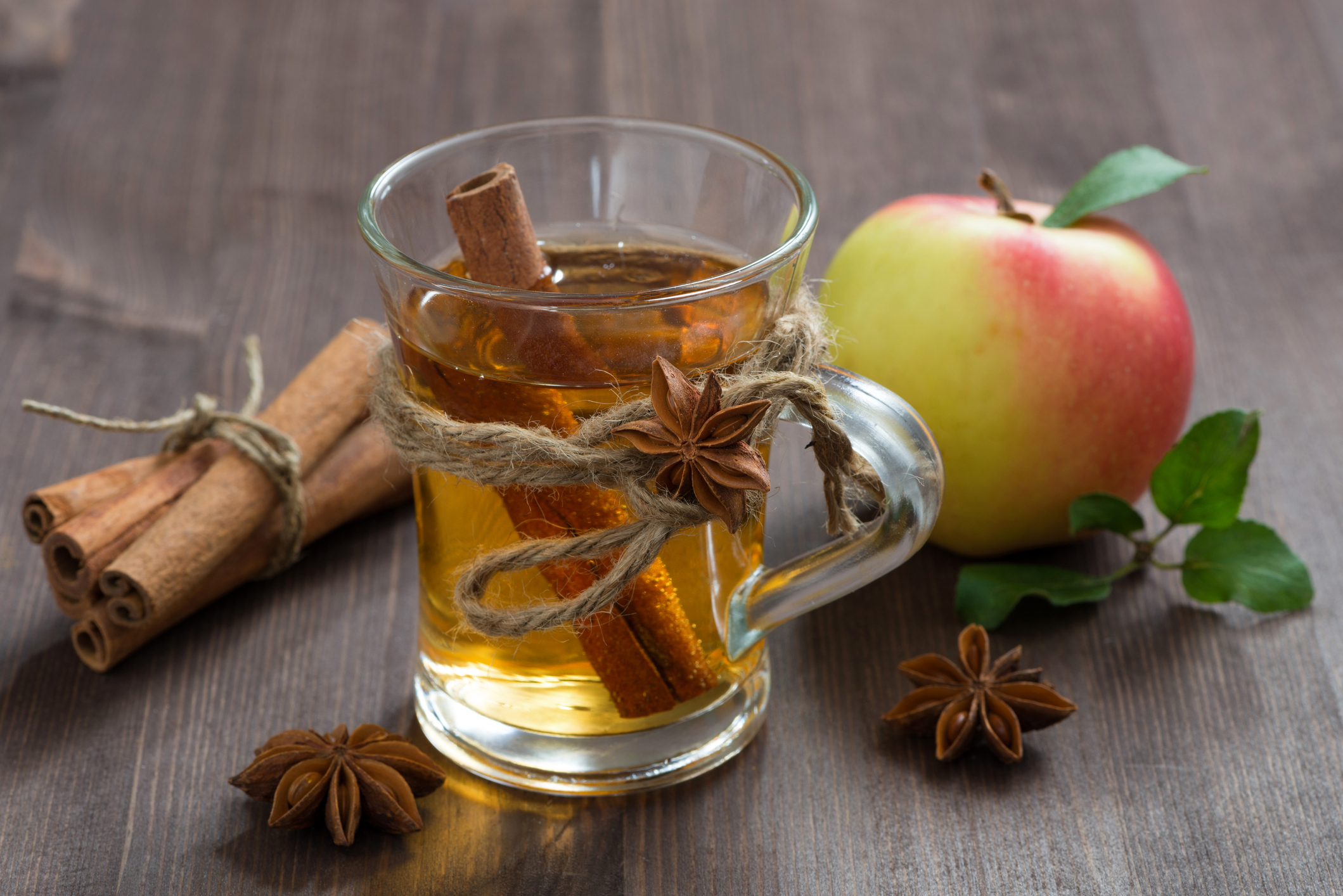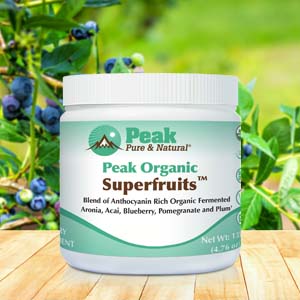Get Easy Health Digest™ in your inbox and don’t miss a thing when you subscribe today. Plus, get the free bonus report, Mother Nature’s Tips, Tricks and Remedies for Cholesterol, Blood Pressure & Blood Sugar as my way of saying welcome to the community!
Flavanols: Heart health support that’s ‘official’

Fall is nearly here, and that means we’ll be reaching for apples and warm cups of tea.
And that’s a good thing.
Both of them contain flavanols — nutrients that provide powerful heart and brain protection and keep a condition known as frailty from catching up with us as we age.
A lot has been written about flavanols because they are considered bioactive compounds — meaning they are constituents in foods that go beyond meeting basic human nutritional needs.
In fact, bioactive compounds are studied much in the same way that pharmaceuticals are because they illicit a pro-health response in the body that may prevent disease.
That’s one reason why a group of researchers from the United States and England along with the Academy of Nutrition and Dietetics have established the first-ever dietary bioactive guideline for flavanols.
That’s a big deal. Dietary guidelines have long been established for vitamins and minerals to help us avoid deficiencies, but this is different.
In other words, they’ve given us the official definitive word on just how much flavanol to consume to protect heart health…
The ideal amount of flavanols you should be eating
Previous research on flavanols, which include anthocyanins and proanthocyanidins, among other polyphenols, have tied their benefits to slashing Alzheimer’s risk and protecting blood vessels and heart health and lowering blood pressure.
Dr. Dragan Milenkovic of the Department of Nutrition at UC Davis is a researcher who focuses on the impact of nutrients on both the development and prevention of cardiovascular and neurodegenerative diseases.
He worked with a panel to analyze data from 157 random controlled trials and 15 cohort studies on the health benefits of flavanols.
He and his team found strong evidence that consuming between 400 and 600mg of flavanols per day is the magic number for supporting cardiometabolic health.
Specifically, their research supports that increasing consumption of dietary flavanols can help improve blood pressure, cholesterol concentrations and blood sugar.
And the good news is you can reach that daily recommendation just by sipping on a couple of cups of tea and enjoying an apple and a handful of grapes.
Unlike previous studies, this research focused not on improving the health of those already dealing with these issues, but on improving health in the population at large.
Where to get your flavanols
The study abstract states: “It should be noted that this is a food-based guideline and not a recommendation for flavan-3-ol supplements.”
That’s not surprising since foods rich in flavanols are so abundant — and include so many of our favorites.
Quercetin, the flavanol found to best prevent frailty, also attacks the inflammation behind stroke and heart disease. Foods rich in quercetin include:
- apples
- pears*
- onions
- yellow peppers
- fresh dill
- buckwheat
Other flavanol-rich foods are within easy reach at your grocery store most any time of year:
- red grapes,* particularly grape seed and grape seed extract
- pomegranates
- spinach*
- citrus fruits
- blueberries*
- broccoli
- blackberries
- apricots
- cranberries
- kale*
The foods with an asterisk made the Environmental Working Group’s 2023 Dirty Dozen list. It doesn’t mean you have to go without — just try to buy these in the organic section of the produce department.
Several teas contain flavanols: green tea, black tea, white tea and oolong tea.
Cocoa and red wine (in moderation) are also good sources. Typically when it comes to health, you’re steered to cacao, but findings ar that the amount of flavanols in cocoa powder and cacao powder fall in the same range, but cacao will expose you to more cadmium.
Editor’s note: There are perfectly safe and natural ways to decrease your risk of blood clots including the 25-cent vitamin, the nutrient that acts as a natural blood thinner and the powerful herb that helps clear plaque. To discover these and other secrets of long-lived hearts, click here for Hushed Up Natural Heart Cures and Common Misconceptions of Popular Heart Treatments!
Sources:
Researchers Issue Dietary Recommendation for a Food Compound to Support Heart Health — College of Agricultural and Environmental Sciences
Flavan-3-ols and Cardiometabolic Health: First Ever Dietary Bioactive Guideline — Advances in Nutrition













